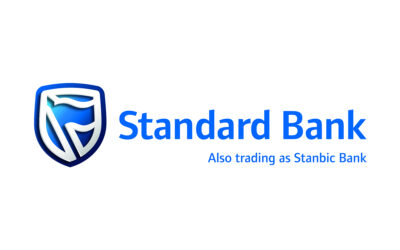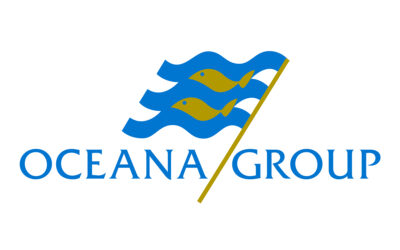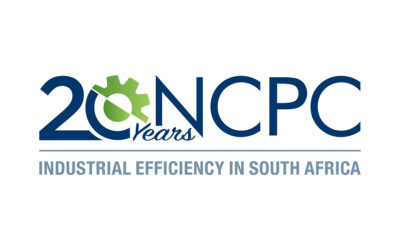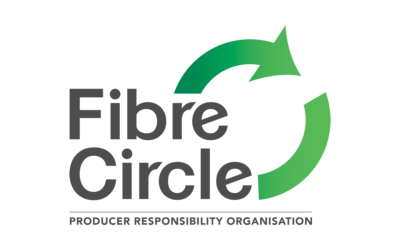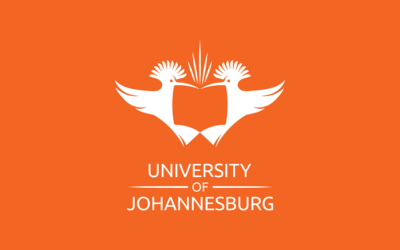Soweto-born Fezile Dhlamini is a pioneer in the field of renewable energy innovation. He is the founder of Green Scooters, Africa’s first all-electric e-hailing network and a proudly South African company, as well as Scooter Treats, a related online food delivery business.
Green Scooter is a leader in the newest developments in urban mobility and renewable energy. The business manufactures a distinctive line of electric scooters intended for both cargo and commuter use. The Zbee — an electric vehicle with three wheels — is marketed to those who want to buy an affordable electric car for short- to medium-distance travel, and regular commuters who require a last-mile ride. It can carry a driver and two passengers. The Zbee Cargo has a safe cargo compartment instead of passenger seats, and can be used for quick deliveries.
Manufactured locally with a Swedish firm acting as a technical partner, the scooters are environmentally sustainable and a viable alternative to typical metered taxis or e-hail companies, as they are charged from regular electrical outlets. This takes about three-and-a-half hours, and a full charge will give a driver a range of over 100km.
Dhlamini is intent on bringing about ecofriendly transformation in the transportation industry; he says he had the idea for Green Scooter after his numerous job applications were rejected by Uber.
Since its launch in 2018, Green Scooter has sold or leased 60 vehicles, and as fuel prices keep rising, this pace is accelerating. Dedicated to seeking unconventional solutions to challenging issues, it’s no surprise that Dhlamini’s motto is “nullum magnum ingenium sine mixtura dementiae fuit” — nothing of any major ingenuity has been made without an
element of madness.
Nothing of any major ingenuity has been made without an
element of madness







